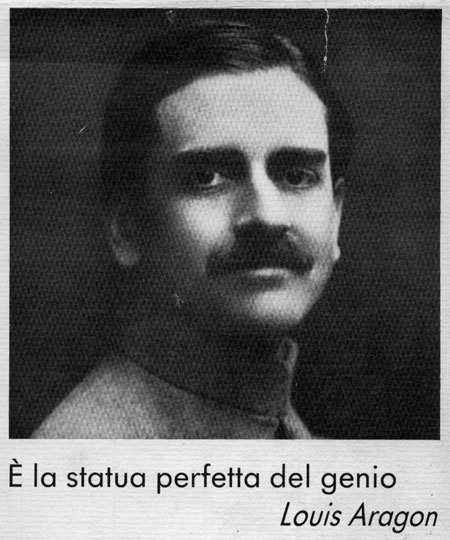“My conversation with the poet took place in the summer before the war. A year later the war broke out and robbed the world of its beauties. It destroyed not only the beauty of the countrysides through which it passed and the works of art which it met with on its path but it also shattered our pride in the achievements of our civilization, our admiration for many philosophers and artists and our hopes of a final triumph over the differences between nations and races. It tarnished the lofty impartiality of our science, it revealed our instincts in all their nakedness and let loose the evil spirits within us which we thought had been tamed for ever by centuries of continuous education by the noblest minds. It made our country small again and made the rest of the world far remote. It robbed us of very much that we had loved, and showed us how ephemeral were many things that we had regarded as changeless.
We cannot be surprised that our libido, thus bereft of so many of its objects, has clung with all the greater intensity to what is left to us, that our love of our country, our affection for those nearest us and our pride in what is common to us have suddenly grown stronger. But have those other possessions, which we have now lost, really ceased to have any worth for us because they have proved so perishable and so unresistant? To many of us this seems to be, but once more wrongly, in my view. I believe that those who think thus, and seem ready to make a permanent renunciation because what was precious has proved not to be lasting, are simply in a state of morning for what is lost. Mourning, as we know, however painful it may be, comes to a spontaneous end. When it has renounced everything that has been lost, then it has consumed itself, and our libido is once more free (in so far as we are still young and active) to replace the lost objects by fresh ones equally or still more precious. It is to be hoped that the same will be true of the losses caused by this war. When once the mourning is over, it will be found that our high opinion of the riches of civilization has lost nothing from our discovery of their fragility. We shall build up again all that war has destroyed, and perhaps on firmer ground and more lastingly than before.”
(Sigmund Freud, “On Transience”, first published 1916, pp. 178–179 in Writings on Art and Literature, trans. James Strachey.)
